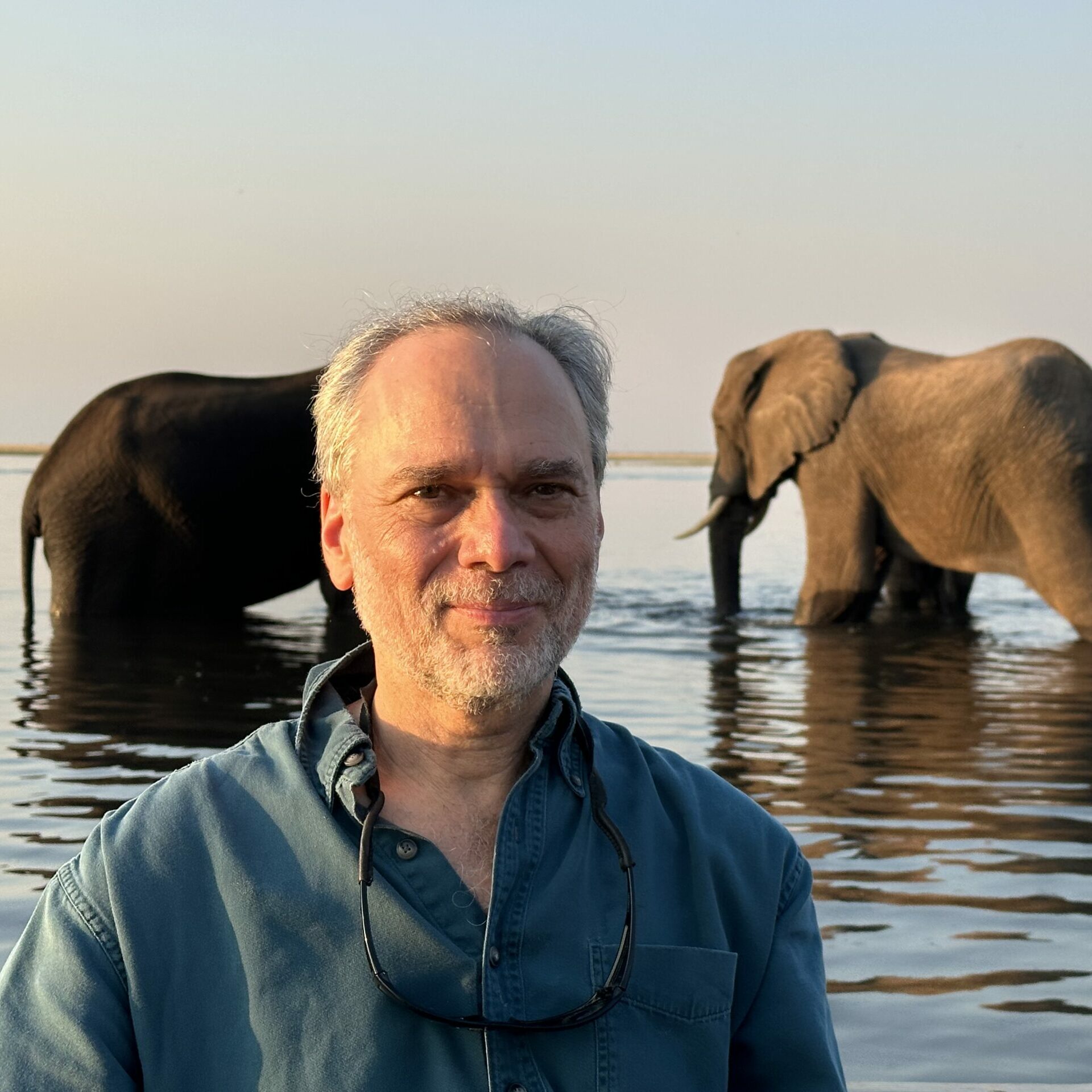
Dr. Osofsky works on developing and helping to apply science-based landscape scale approaches to conservation, particularly in terms of policy guidance to address challenges at the interface of wildlife, agriculture and other types of land use, and people.
Dr. Osofsky, the Jay Hyman Professor of Wildlife Health & Health Policy at Cornell University’s College of Veterinary Medicine, is one of the pioneers of the One Health movement, having led the drafting of the core Manhattan Principles on One World, One Health in 2004. He has developed, launched and managed some of the first major applied One Health programs, including the AHEAD (Animal & Human Health for the Environment And Development). Program (launched in South Africa in 2003) and the HEAL (Health & Ecosystems: Analysis of Linkages) Program (launched in 2009), which became the Planetary Health Alliance in 2016. As the only veterinarian serving on The Rockefeller Foundation-Lancet Commission on Planetary Health, he was able to bring his range of practical experiences (from both health and environmental conservation perspectives) to the task of shaping the highly interdisciplinary conceptual approach underpinning the field of Planetary Health. Professor Osofsky previously held senior positions at the World Wildlife Fund (WWF) and the Wildlife Conservation Society (WCS), as well as with the Government of Botswana. He was also honored to serve as an American Association for the Advancement of Science (AAAS) Science and Diplomacy Fellow, working as a Biodiversity Program Specialist at the U. S. Agency for International Development (USAID). Steve is also shepherding the University’s new Cornell Wildlife Health Center.

